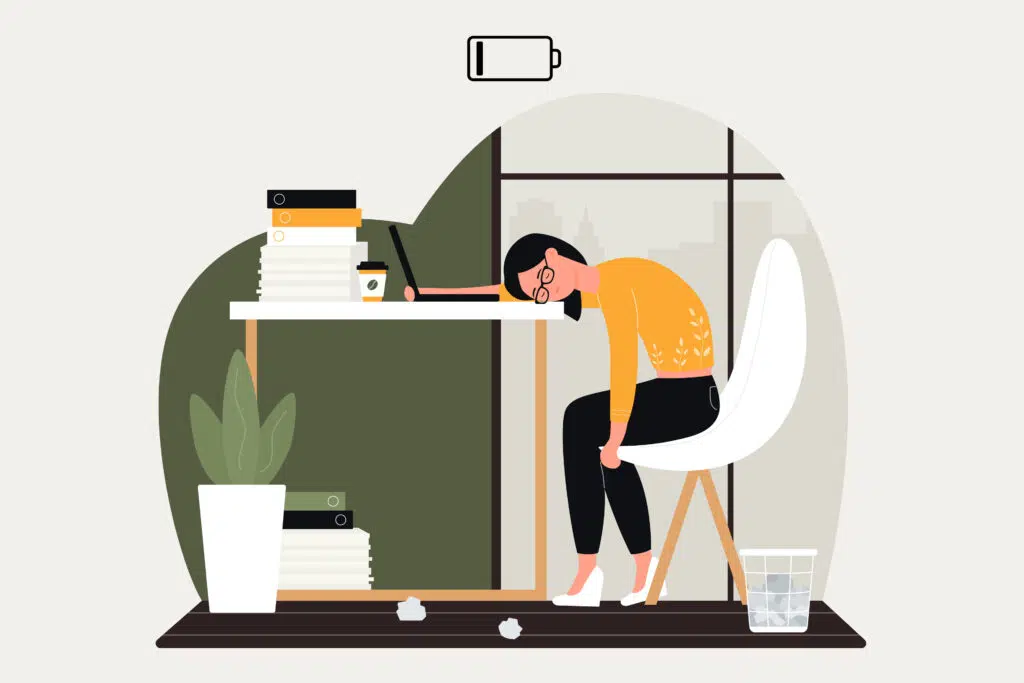How Sleep Affects Overall Functioning

We’ve all been there. Waking up after a poor night’s sleep and having to go through the motions of a normal day. It happens to the best of us and it can make our weeks a lot more difficult than they already are. As much as we feel the short-term effects, we often do not think much of the long-term effects of not getting enough sleep. Lack of sleep during extended periods of our life can contribute to some serious health, psychological, and physical problems. In fact, there is overwhelming evidence that lack of sleep is a great predictor of death. According to sleep neuroscientist and sleep researcher, Dr. Matthew Walker, Every disease that is killing us in the developed world, now has a causal link to insufficient sleep. This includes cancer, Alzheimer’s disease, stroke, cardiovascular disease, diabetes, depression, anxiety, and suicidality.
On a day-to-day basis, it is also known that lack of sleep impairs our cognitive abilities, such as sustaining concentration on tasks, learning new information, and making good decisions. Regarding operating a motor vehicle, if you are only getting 6 hours of sleep, you’re 33% more likely to get into a road traffic accident. That’s a higher percentage than if you were legally inebriated.
People who receive adequate sleep are working on an advantage. Sleep improves mental and physical energy, creativity, coming up with novel solutions, improves intelligence and emotional intelligence, and can have a positive impact on our mood by improving symptoms of anxiety and depression. Lastly, they call it beauty sleep for a reason! When we don’t receive enough ZZZ’s, it can take a toll on our appearance, leading to dull skin, fine lines, and bags under our eyes. It is crucial for your overall health and well-being to receive a sufficient amount of sleep. In today’s day and age, we can feel pressure to limit our sleep in order to be more productive. However, not getting enough sleep can actually make us far less productive and unhealthy in the short and long run. So start prioritizing sleep- your future self will thank you for it!
If you’re having trouble prioritizing sleep on your own and live outside New York City, seek help with a local sleep psychologist or mental health specialist who specializes in cognitive behavioral therapy and can help implement systems and habits to your sleep hygiene. Otherwise, feel free to give our office a call in Midtown Manhattan and get your sleep back on track today.

How to Manage Stressful Life Transitions and Events
From getting into college or having a baby to splitting from a spouse or experiencing the death of a loved one, life can surprise you with big wins and tear you down with loss. Life is filled with transitions, some happy, others stressful and difficult.

How Long Does it Take to Recover From Burnout?
If you’ve reached burnout, it describes a state of complete emotional, physical, and mental exhaustion. Between heavy workloads, toxic work environments, economic uncertainty, and a poor work-life balance, burnout is a very real problem that can affect all aspects of your health.

What is Mindfulness Therapy?
Mindfulness therapy involves using mindfulness techniques to increase awareness and learn to manage emotions more effectively. These techniques include paying attention to the present moment without judgment.

What is Dialectical Behavioral Therapy (DBT)?
Dialectical behavioral therapy (DBT) is a type of talk therapy developed to help people struggling with intense and overwhelming emotions and relationship difficulties.




